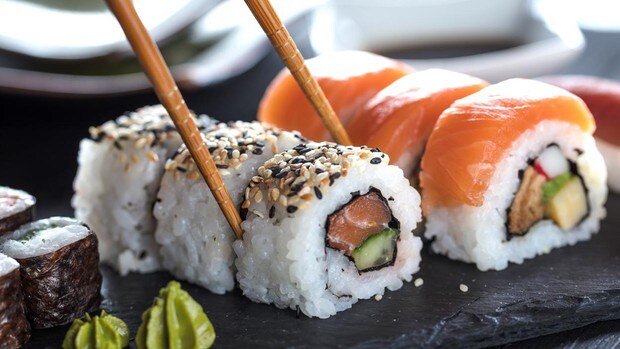Sushi: What you should know about this exotic cuisine
Although popular belief places the origin of sushi in Japan, the truth is that you have to go back to 2nd century China to find the first culinary experiences close to sushi. At that time the population used a method to preserve the fish that consisted of salting it and fermenting it in rice , although in reality they discarded the rice and only ate the fish. But from the seventh century it arrives in Japan and there the possibility of consuming this rice begins to be contemplated, which makes it become a culinary formula instead of a conservation method. Little by little, this formula was improved with additives such as vinegar, which made it possible to avoid having to wait for fermentation, or the use of different types of fish.

The inventor of modern sushi is believed to be Hanaya Yohei, who invented nigiri-zushi, a type of sushi most known today, in which seafood is placed on hand-pressed vinegared rice, around 1824 in the Edo period (1603–1867). It was the fast food of the chōnin class in the Edo period. Sushi is traditionally made with medium-grain white rice, though it can be prepared with brown rice or short-grain rice. It is very often prepared with seafood, such as squid, eel, yellowtail, salmon, tuna or imitation crab meat. Many types of sushi are vegetarian. It is often served with pickled ginger (gari), wasabi, and soy sauce. Daikon radish or pickled daikon (takuan) are popular garnishes for the dish. Sushi is sometimes confused with sashimi, a related dish in Japanese cuisine that consists of thinly sliced raw fish or occasionally meat.
Learn more on Wikipedia
Where do you think the sushi is from?
All I know is it sushi is very good. If you don´t like it, give more
than one chance to it 🍣
Sushi Lovers ❣️